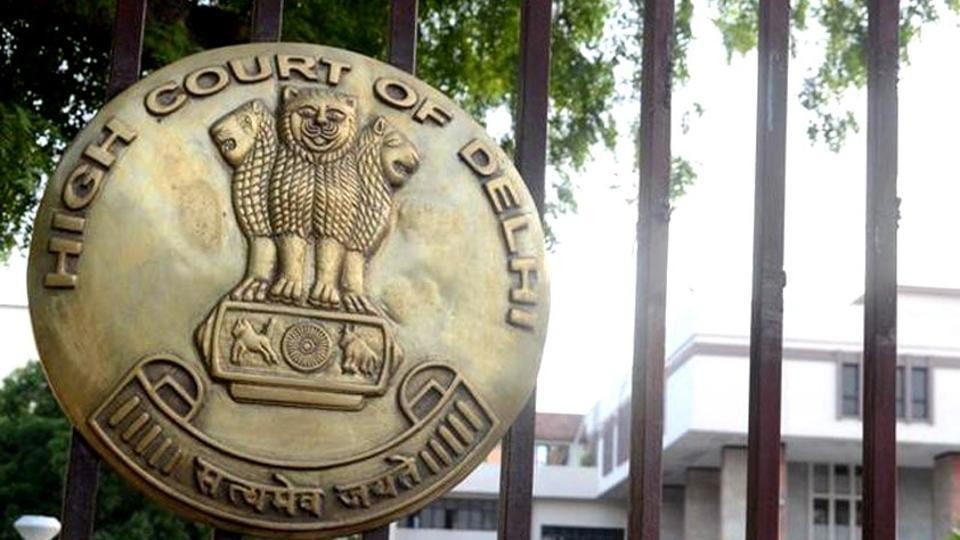
New Delhi: Dr. Rohit Jain has filed a Public Interest Litigation (PIL) in Delhi High Court wherein he has requested the court to mandate the medical practitioners to use verifiable digital signatures when handling electronic media. The petition highlights concerns about the increasing fabrication of medical documents such as clinical lab reports, prescriptions, and certificates. The PIL has sought to enhance the authenticity and integrity of electronically transmitted medical records and prescriptions, aiming to combat the rise in fraudulent practices in healthcare documentation. The petition has sought direction for comprehensive guidelines to regulate the use of digital signatures, addressing the issues surrounding the illegal use of scanned signature images. It seeks to establish regulations for the authentication of medical documents in diagnostic laboratories, hospitals, clinics, and other clinical establishments.
The Delhi High Court bench of Acting Chief Justice Manmohan and Justice Tushar Rao Gedela has directed the petitioner to first approach the relevant authorities with a formal representation. The court also directed these authorities to respond to the representation within a specified timeframe.
READ ALSO : NMC warns faculties against impersonating finger prints for attendance
The PIL emphasized that medical test results are typically verified by a registered medical practitioner before release. This verification involves the physical signing of reports, ensuring the accuracy and medico-legal accountability of the information. Currently, lab reports are authenticated electronically, with doctors logging into computer systems to verify reports, which are then printed or converted to PDFs with digital signatures. The PIL points out that while this digital process simplifies the verification of reports but also raises issues. Laboratories sometimes use doctors’ signatures without their direct oversight, including instances where doctors’ signatures are used even after their resignation. The plea argues that there is no existing policy regulating the misuse of scanned signatures, which can be easily fabricated and manipulated, leading to potential harm to patients.

